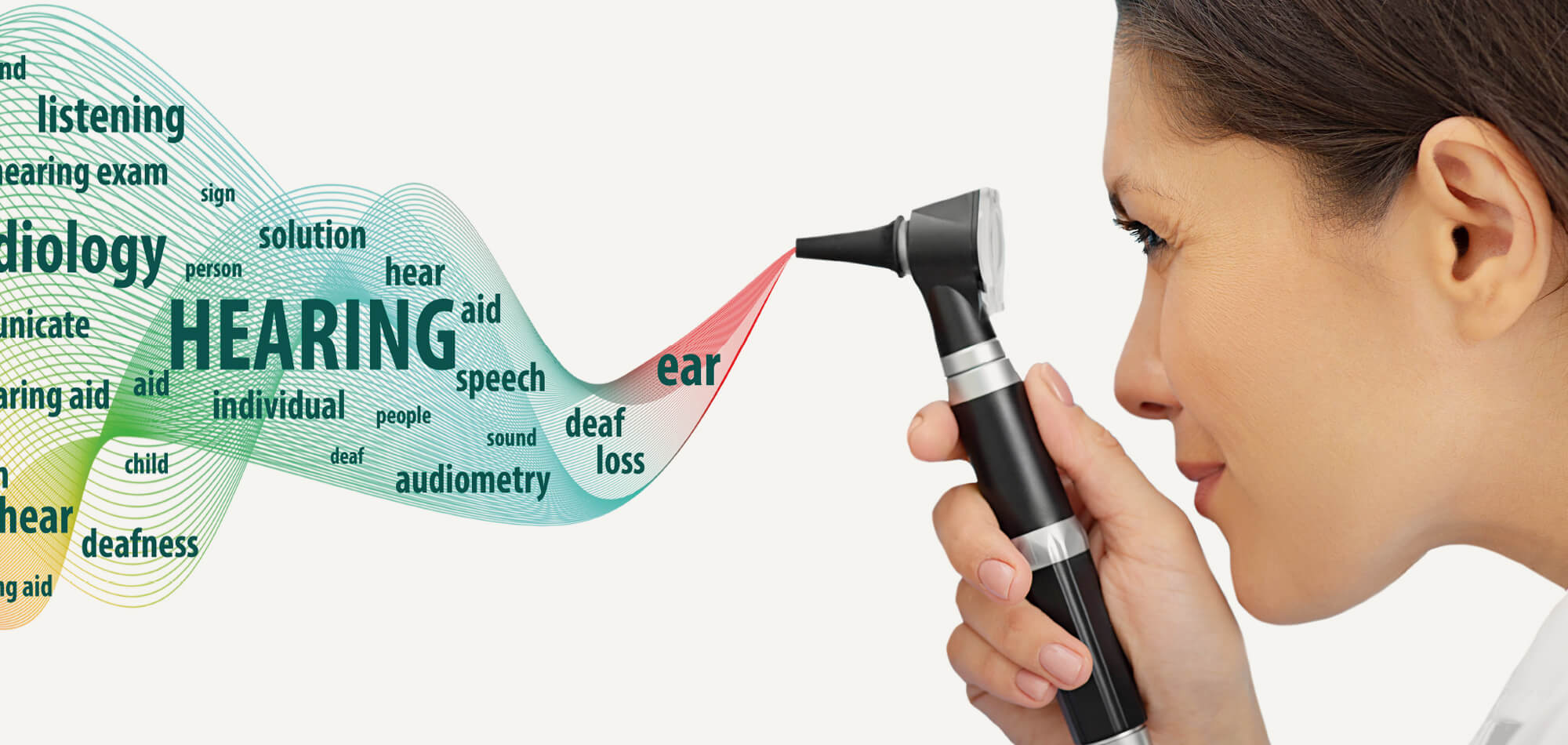Why is this important? A new Johns Hopkins Bloomberg School of Public Health study confirms a link between hearing loss and dementia. In fact, individuals with hearing loss are at a higher risk of developing dementia and other cognitive impairments. Further, an estimated 1 out of 9 dementias can be explained on the basis of age-related hearing loss.
Health Services Director Logan Campbell, RN, GERO-BC says hearing loss can impact your memory and how you process information. “It makes the brain work harder, forcing it to strain to hear and fill in the gaps at the expense of other cognitive systems. So, screening even beginning in mid-life is should be an annual consideration.”
The Lancet Commission on Dementia Prevention, Intervention & Care found that hearing loss in mid & late life was identified as the single largest potentially modifiable risk factor for dementia. And the recently presented John Hopkins study showed that in older adults at increased risk for cognitive decline, hearing intervention slowed down loss of thinking and memory abilities by 48% over three years.
Logan says to be on the lookout for signs of hearing loss, including:

Do you have trouble understanding words, especially when in a crowd or a noisy room?

Do you often ask others to speak slower, clearer or louder?

Do you find yourself turning up the volume on the TV, radio or other devices?

Are you experiencing a ringing in your ear(s), commonly known as Tinnitus?
If you’re experiencing any of these symptoms, it might be time to check in with an audiologist.
Hearing better will not only reduce brain strain but has shown to have a positive impact on reducing loneliness. The benefit of reducing stress levels and communicating better with friends and family is immeasurable. Here’s to good health and hearing!
